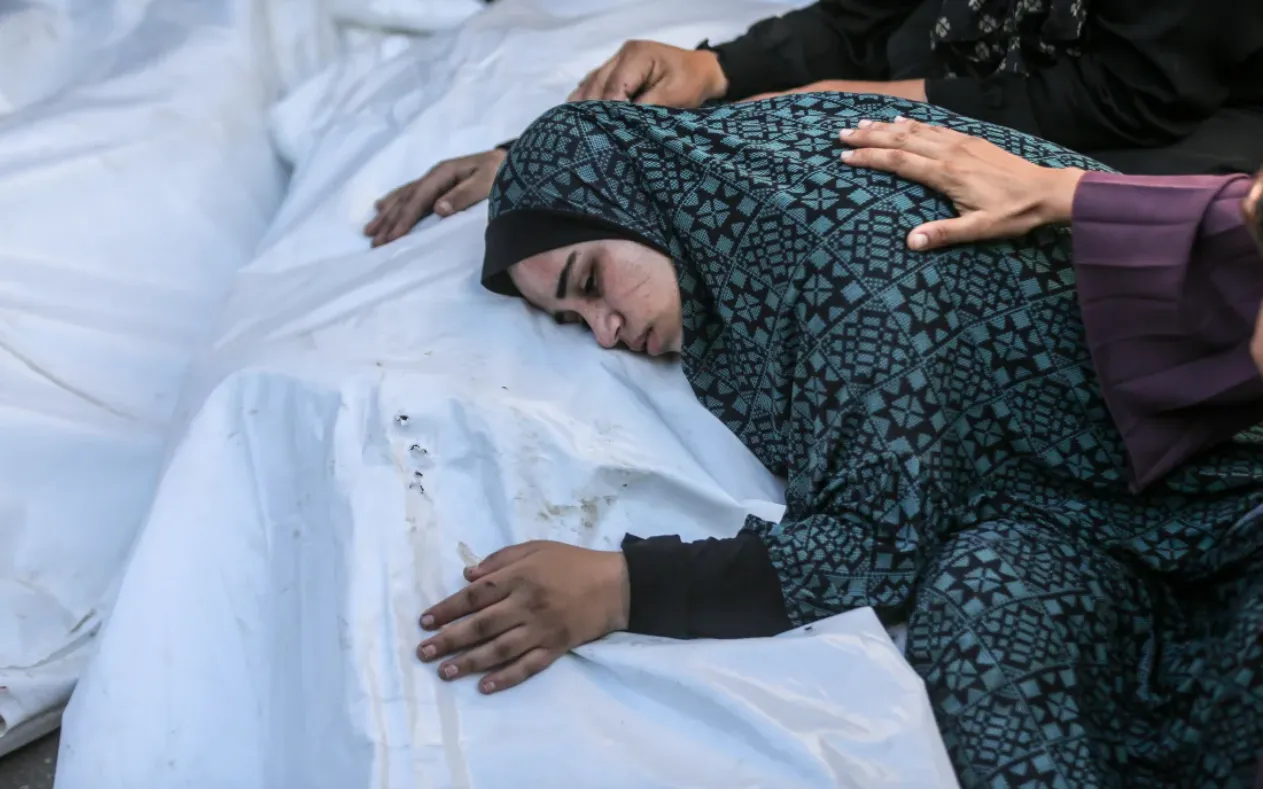
The Gaza Conflict: A Humanitarian Crisis Unfolding
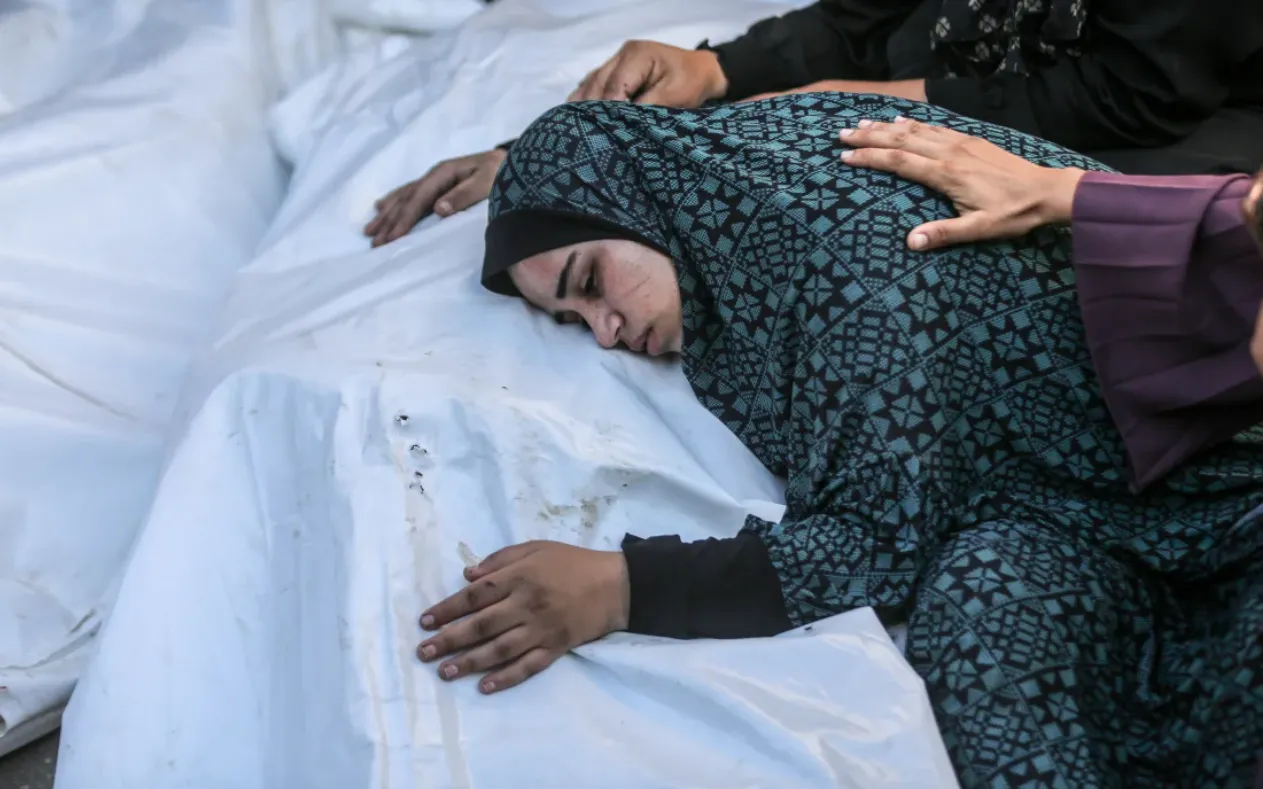
The conflict in Gaza has reached a catastrophic point, with over 40,000 Palestinians losing their lives in the past ten months. This alarming figure, reported by the Gaza health ministry, marks a grim milestone since the war between Israel and Hamas began following the group’s attack on October 7. Tragically, the death toll in Gaza has reached 40,005, with more than 92,401 people injured, highlighting the severe impact on civilians, particularly women and children. While the health ministry does not differentiate between combatants and civilians, Israel claims to have killed over 14,000 Hamas fighters, though these figures remain unverified by independent sources like CNN.
Daily Struggles in Gaza
Life in Gaza has become a daily struggle for survival, with widespread malnutrition and instability affecting nearly every aspect of life. As the conflict enters its tenth month, the situation remains volatile, with renewed ceasefire talks on the horizon. The negotiations come at a time of heightened tension, following recent Israeli strikes that targeted senior Hamas and Hezbollah leaders, complicating the peace process.
A Devastating Weekend
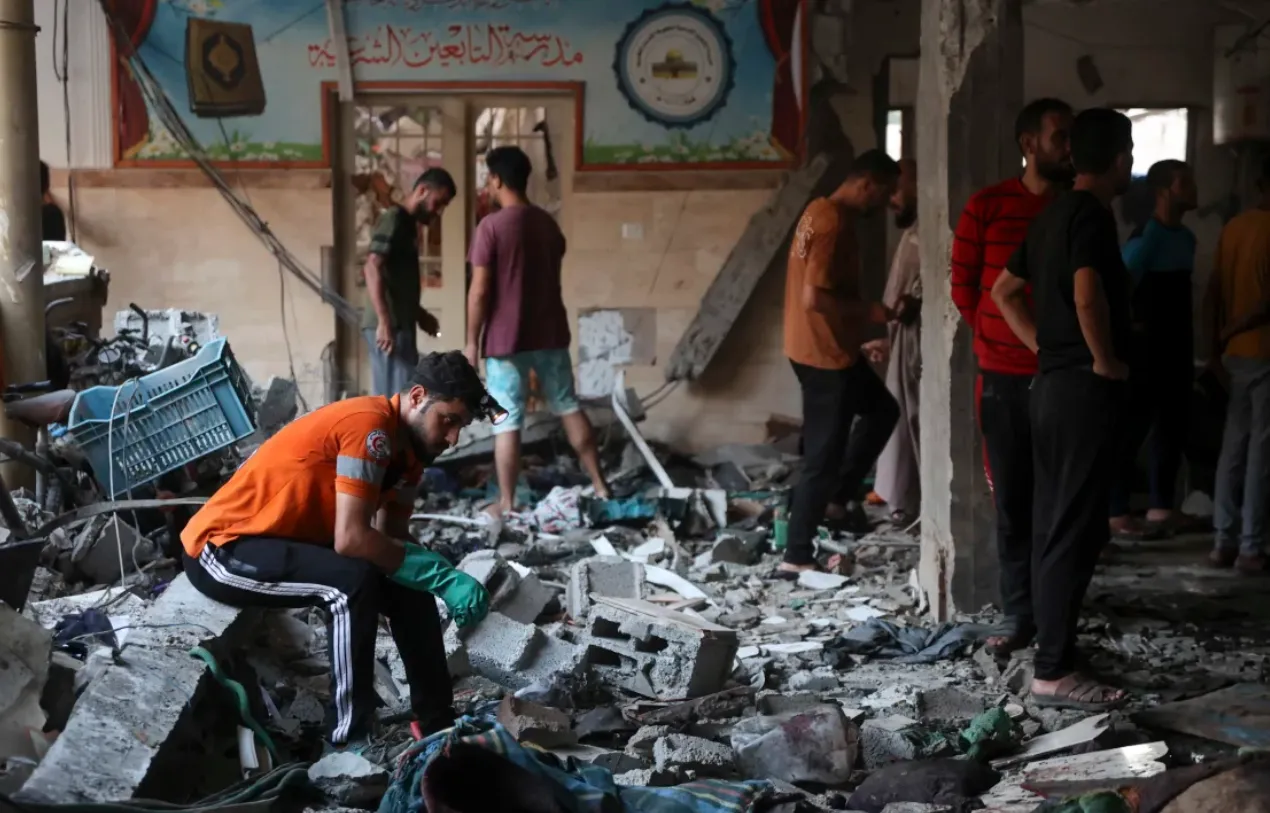
The Gaza Strip experienced one of its deadliest weekends recently, with at least 93 people killed in an Israeli airstrike on a school and mosque in eastern Gaza City. This strike, which targeted a site where displaced people sought refuge, drew widespread condemnation from the international community, including Israel’s allies. The Israel Defense Forces (IDF) stated that the strike aimed at Hamas terrorists operating within a command center, although it also resulted in significant civilian casualties. The IDF maintains that Hamas uses civilians as human shields, complicating efforts to minimize harm.
Ceasefire Talks and Challenges
Prospects for a ceasefire appear uncertain as the conflict continues. Initially launched in response to Hamas’s attacks that killed over 1,200 Israelis and took 250 hostages, Israel’s military actions have intensified. More than 100 hostages remain in Gaza, with their families anxiously hoping for a resolution. Recent reports indicate that Yahya Sinwar, the new head of Hamas’s political bureau, is open to a ceasefire deal, according to Egyptian and Qatari mediators. However, Hamas has expressed hesitance to engage in talks unless Israel responds favorably to mediators’ proposals.
International Pressure Mounts
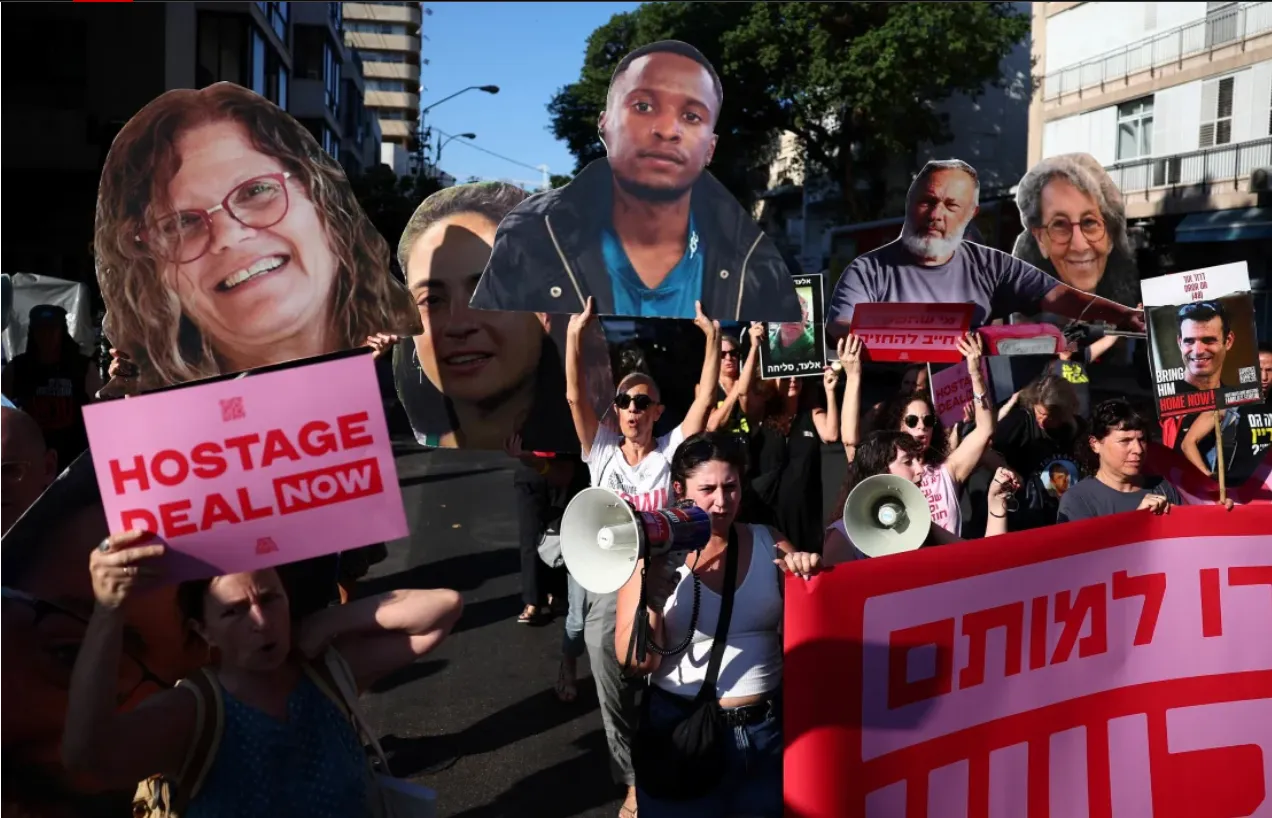
International pressure is mounting on Israeli Prime Minister Benjamin Netanyahu to negotiate with Hamas. Recent political shifts in the UK and the U.S. have led to increased criticism of Netanyahu’s actions. U.S. Vice President Kamala Harris, the Democratic presidential nominee, emphasized the urgent need for a ceasefire, citing the high number of civilian casualties in Gaza. Meanwhile, the Hostage and Missing Families Forum in Israel continues to advocate for a hostage-and-ceasefire agreement, urging both parties to reach a resolution quickly.
The Humanitarian Crisis in Gaza
A ceasefire could bring much-needed relief to the approximately 2.2 million Palestinians living in dire conditions in Gaza. The conflict has displaced nearly the entire population, forcing many to flee repeatedly as the Israeli military operation expands. Philippe Lazzarini, head of the United Nations Relief and Works Agency for Palestine Refugees (UNRWA), highlighted the difficult conditions faced by those affected, who often have only a few hours to gather belongings and move.
Fikr Shalltoot, Gaza Director for Medical Aid for Palestinians, emphasized the emotional toll of the conflict, noting that the loss of 40,000 lives has left countless families grieving. She stressed the growing despair among the people, who feel abandoned by the international community and let down by a world seemingly indifferent to their plight.
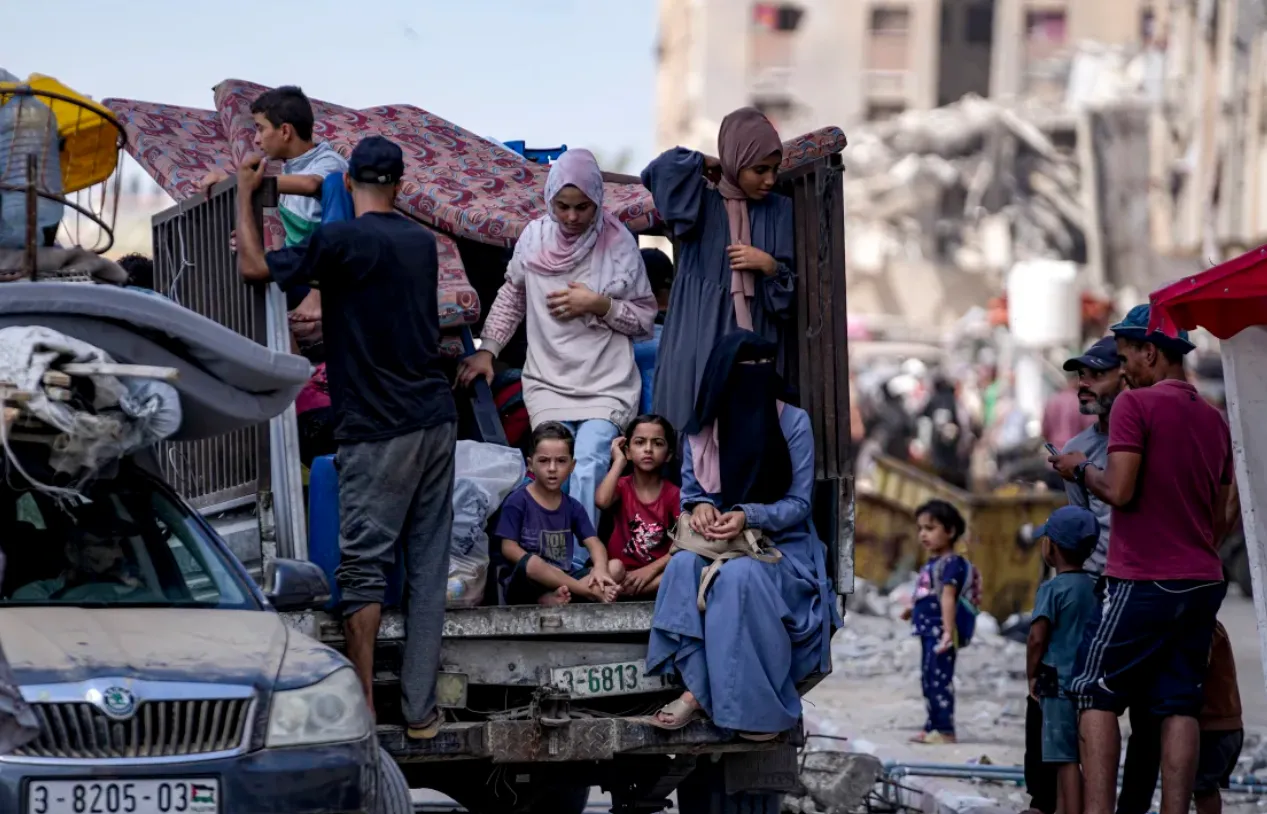
Conclusion
As the conflict in Gaza continues to escalate, the need for a lasting ceasefire and humanitarian assistance becomes increasingly urgent. The international community must take decisive action to address the crisis and alleviate the suffering of millions of Palestinians caught in the crossfire.



